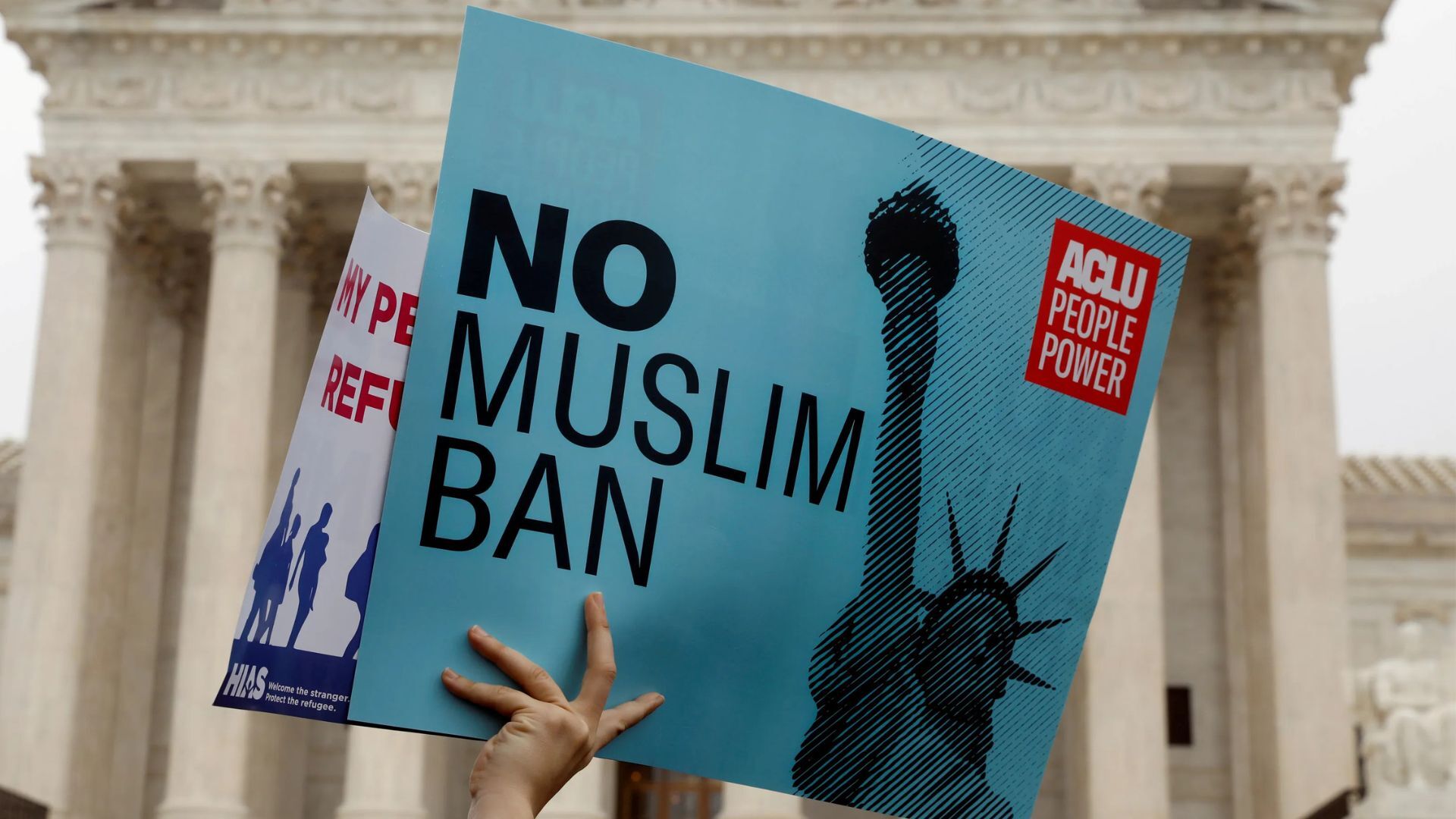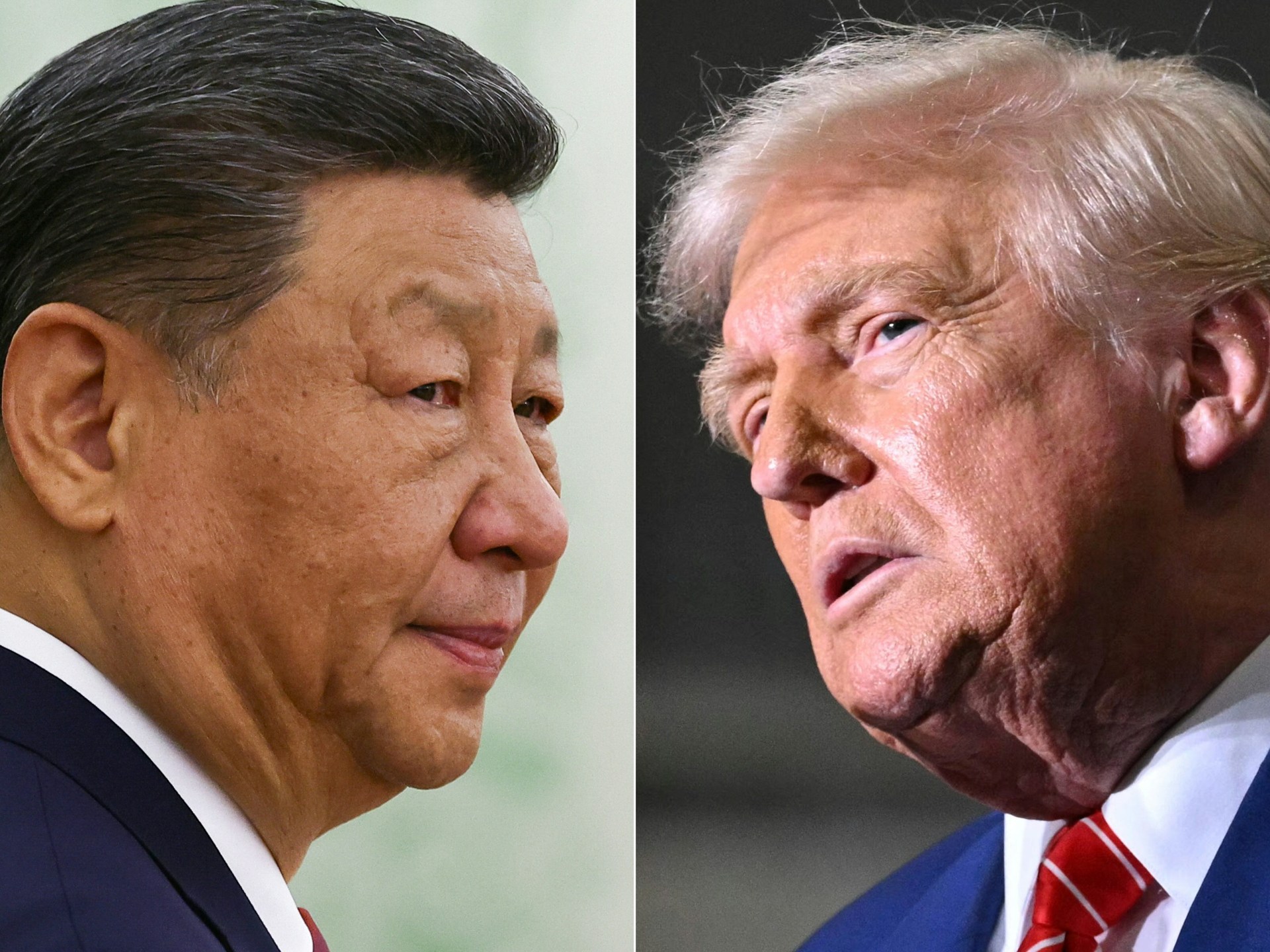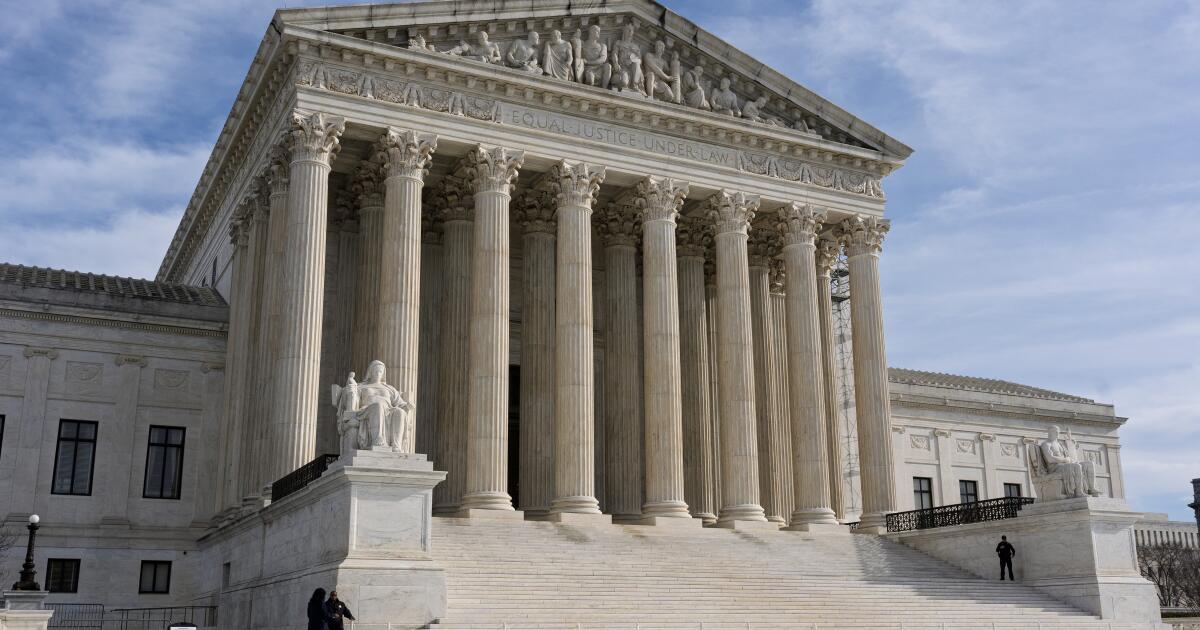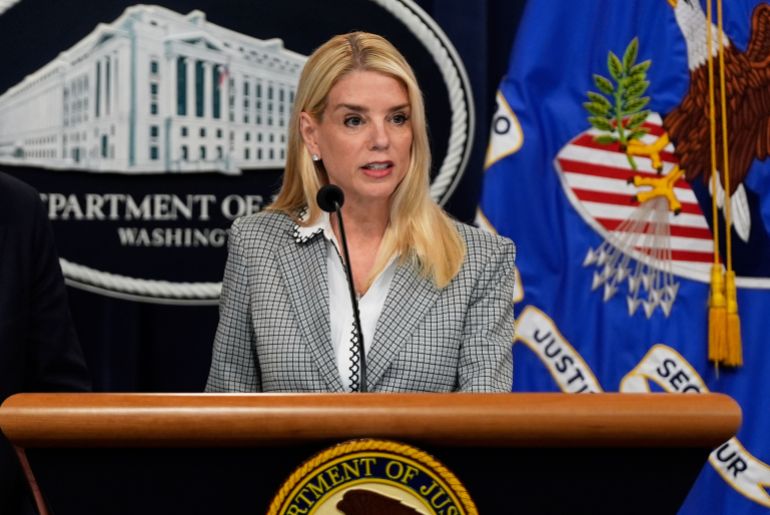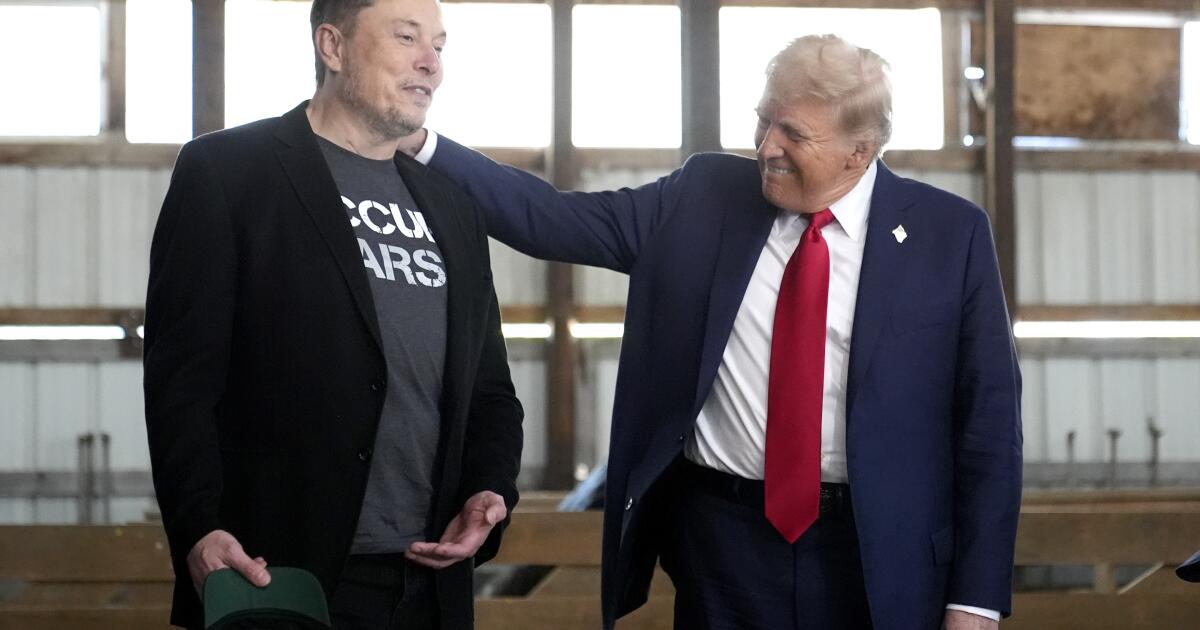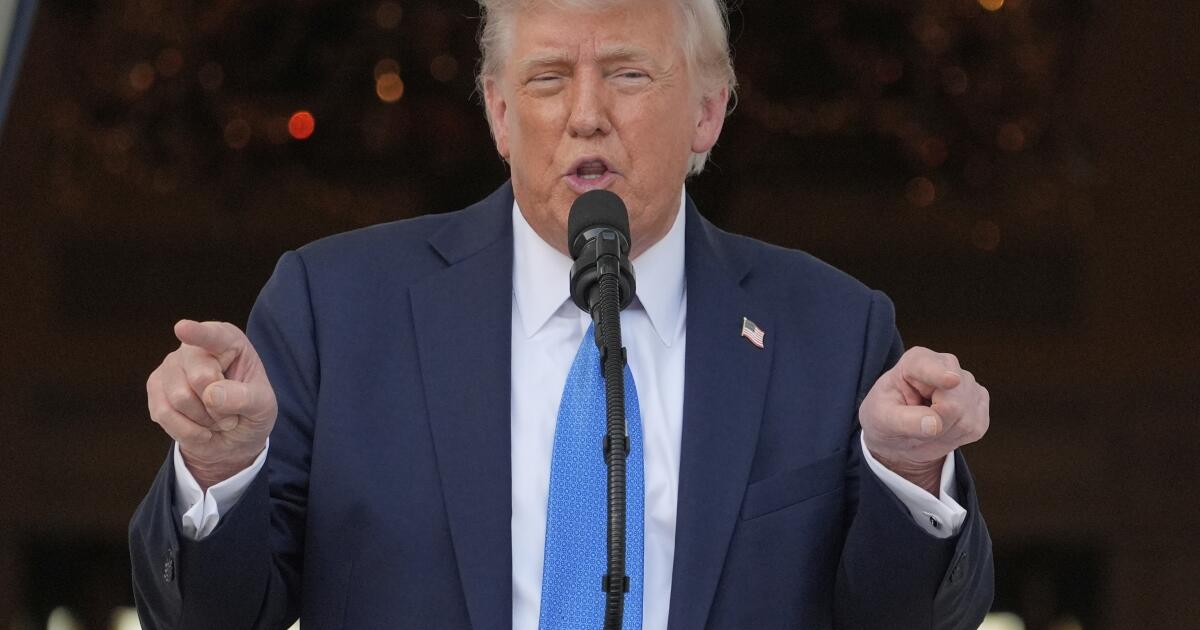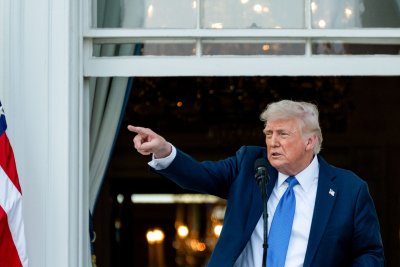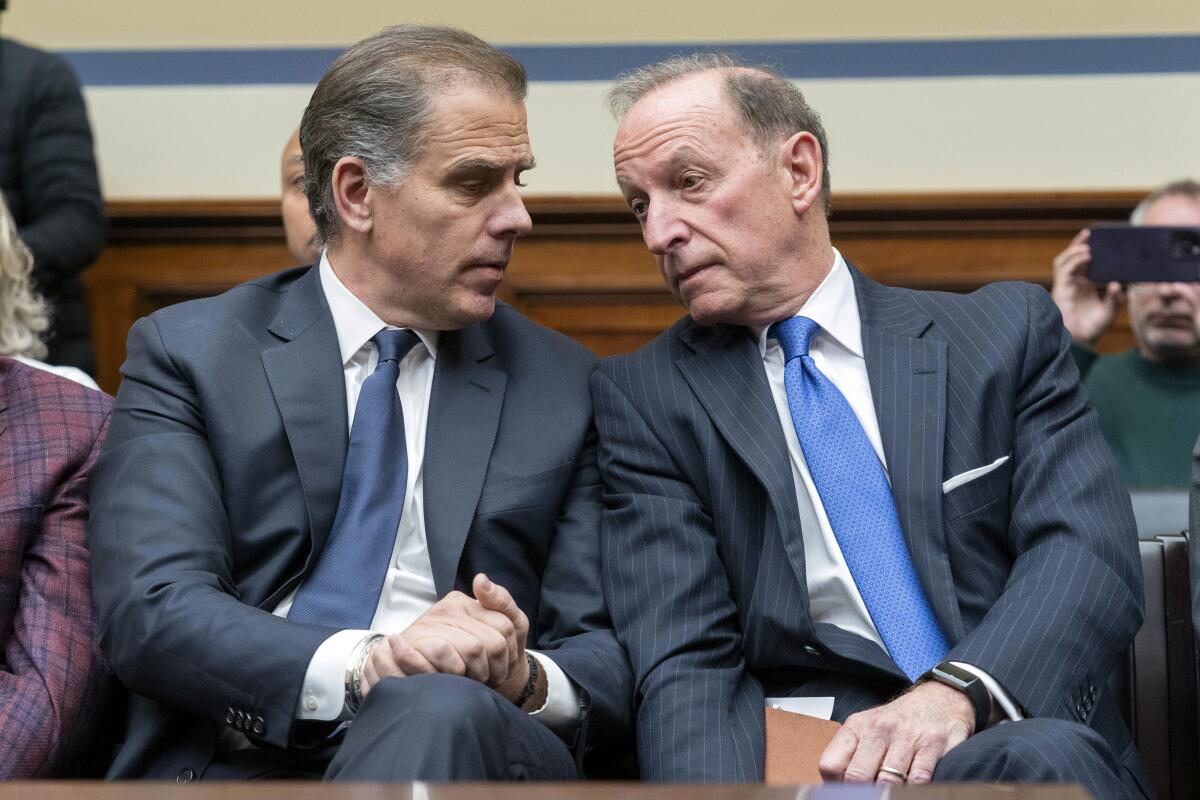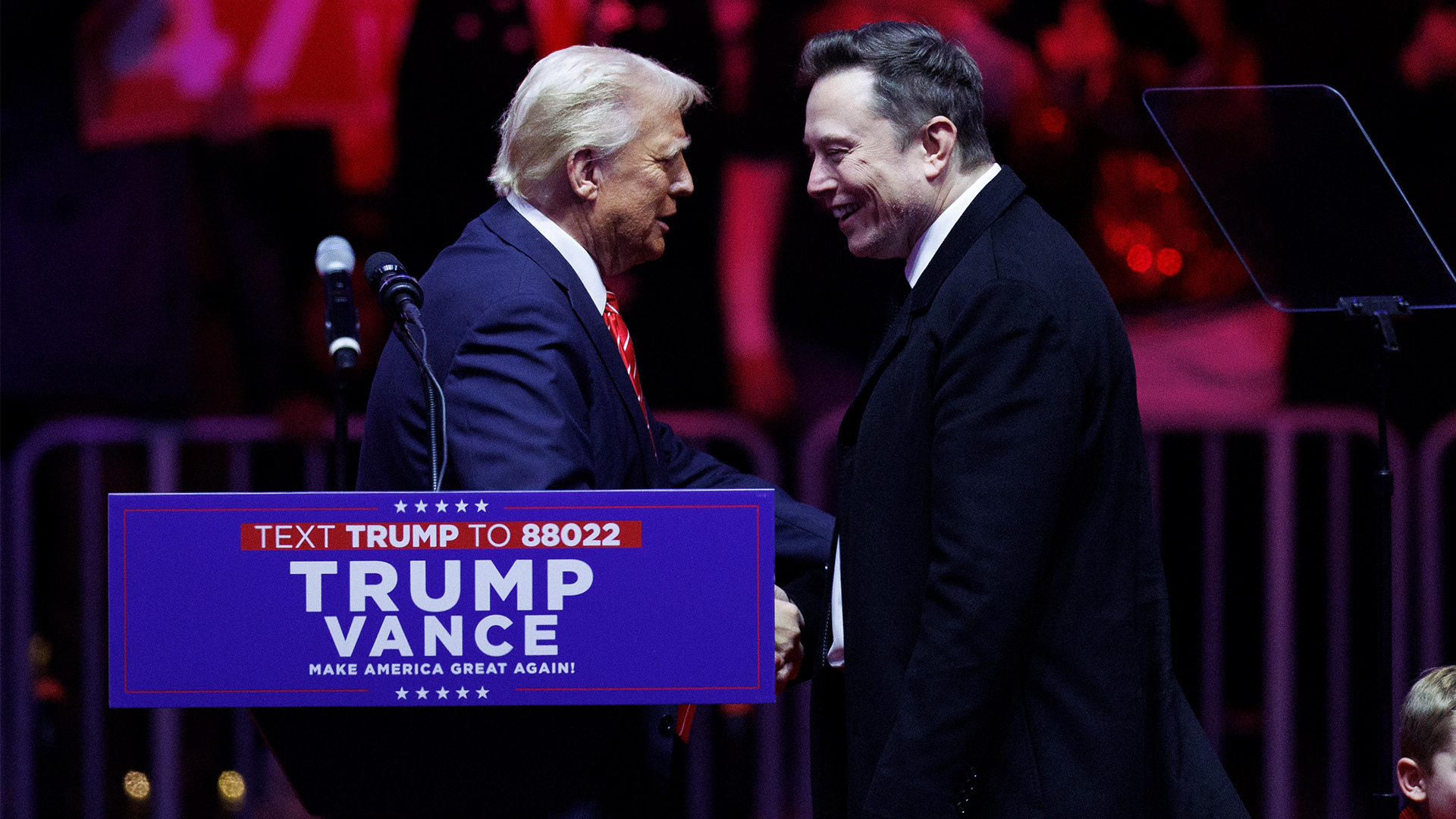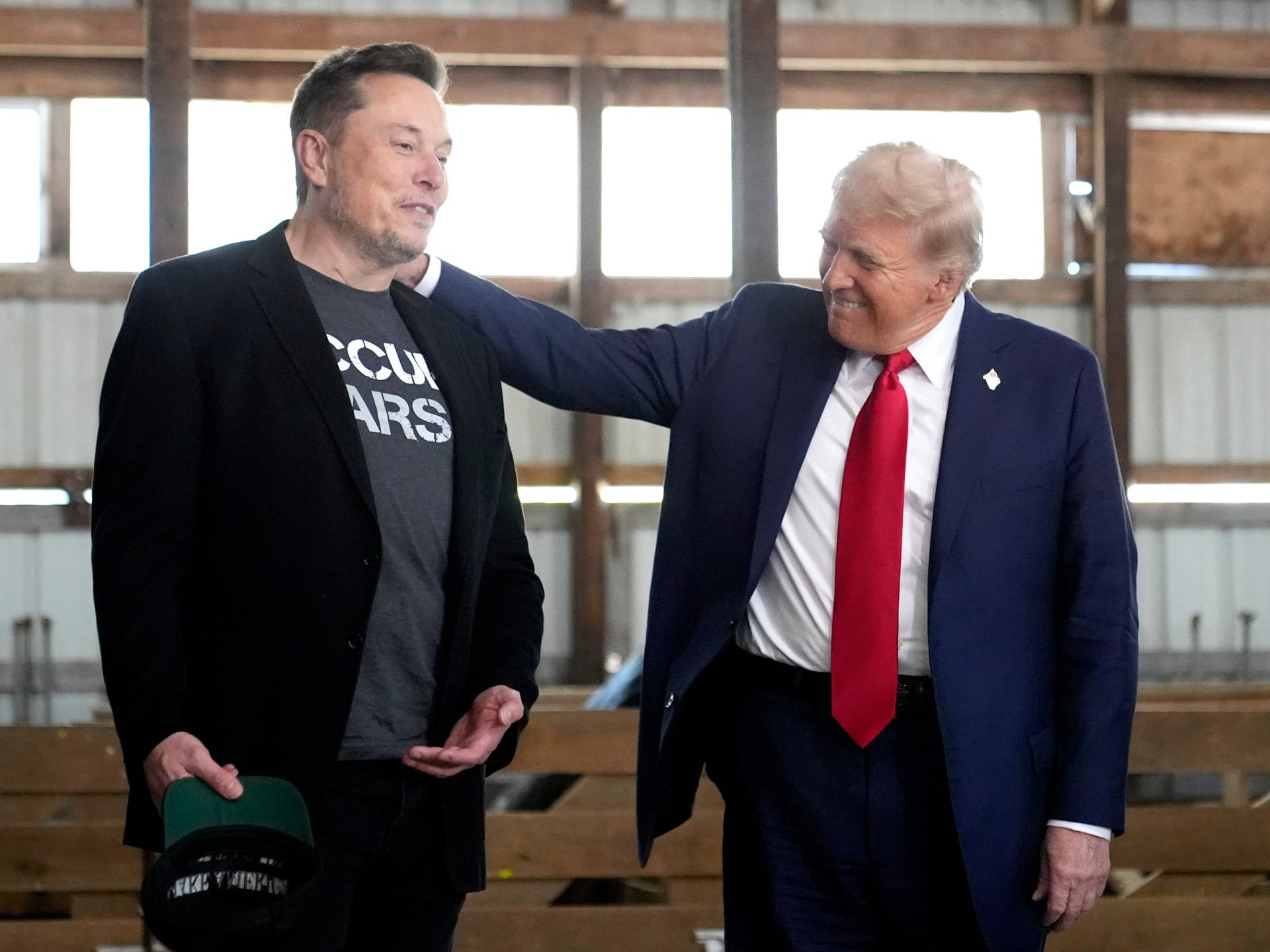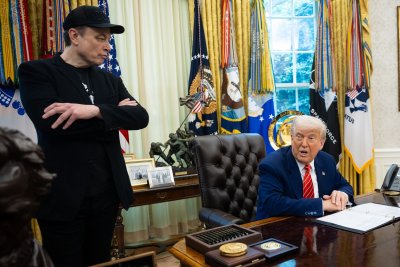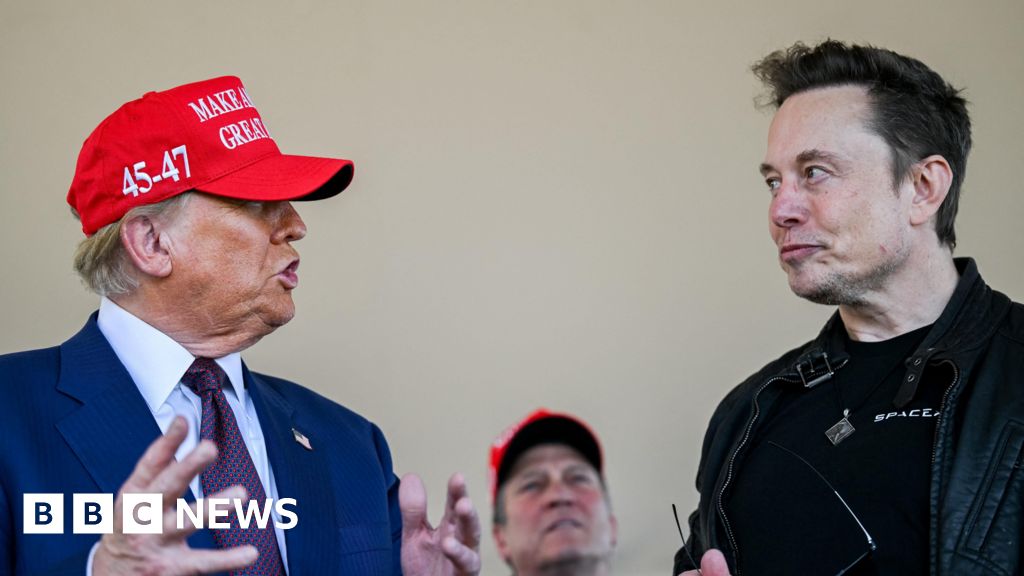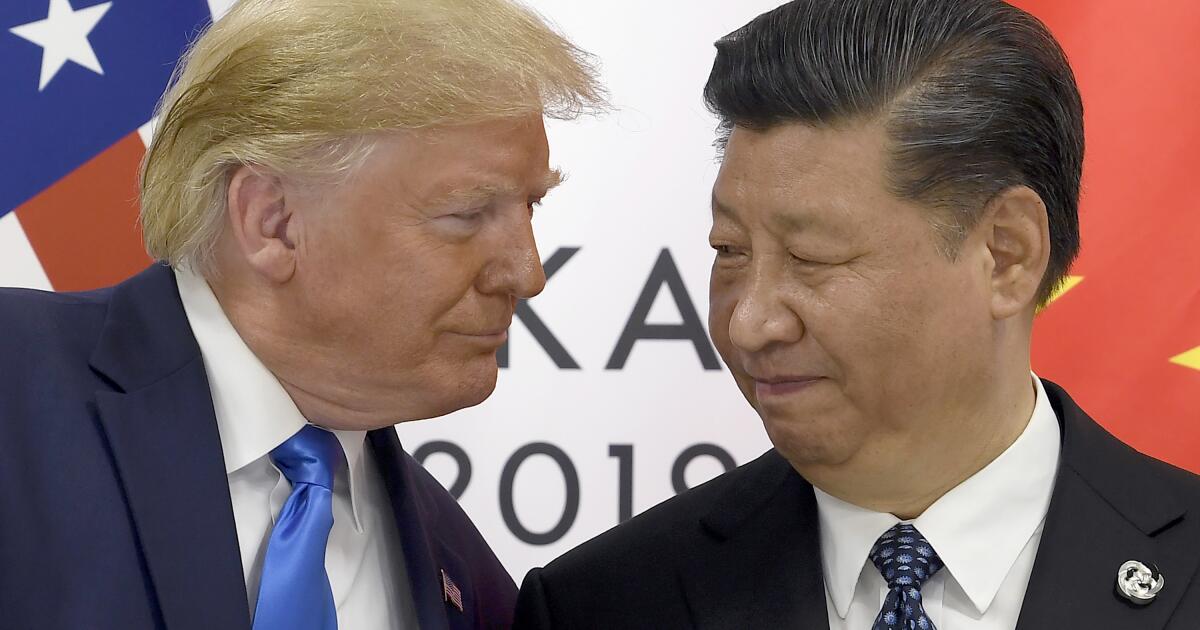WASHINGTON — When he first ran for office, Donald Trump appeared to be a new kind of Republican when it came to gay rights.
Years earlier, he overturned the rules of his own Miss Universe pageant to allow a transgender contestant to compete. He said Caitlyn Jenner could use any bathroom at Trump Tower that she wanted. And he was the first president to name an openly gay person to a Cabinet-level position.
But since returning to office this year, Trump has engaged in what activists say is an unprecedented assault on the LGBTQ+ community. The threat from the White House contrasts with World Pride celebrations taking place just blocks away in Washington, including a parade and rally this weekend.
“We are in the darkest period right now since the height of the AIDS crisis,” said Kevin Jennings, who leads Lambda Legal, a longtime advocacy organization. “I am deeply concerned that we’re going to see it all be taken away in the next four years.”
Trump’s defenders insist the president has not acted in a discriminatory way, and they point to public polling that shows widespread support for policies like restrictions on transgender athletes.
“He’s working to establish common sense once again,” said Ed Williams, executive director of the Log Cabin Republicans, which represents LGBT conservatives.
Harrison Fields, the principal deputy press secretary at the White House, said, “the overall MAGA movement is a big tent welcome for all and home to a large swath of the American people.”
“The president continues to foster a national pride that should be celebrated daily, and he is honored to serve all Americans,” Fields said.
Presidential actions were widely expected
Trump made anti-transgender attacks a central plank of his campaign reelection message as he called on Congress to pass a bill stating there are “only two genders” and pledged to ban hormonal and surgical intervention for transgender minors. He signed an executive order doing so in January.
His rally speeches featured a spoof video mocking transgender people and their place in the U.S. military. Trump has since banned them outright from serving. And although June is recognized nationally as Pride month, White House press secretary Karoline Leavitt told reporters this week that Trump has “no plans for a proclamation.”
“I can tell you this president is very proud to be a president for all Americans, regardless of race, religion or creed,” she added, making no mention of sexual orientation or gender identity.
Williams described Pride activities as a progressive catch-all rather than a civil rights campaign. “If you’re not in the mood to protest or resist the Trump administration,” he said, “Pride is not for you.”
Trump declined to issue Pride Month proclamations in his first term, but did recognize the celebration in 2019 as he publicized a global campaign to decriminalize homosexuality headed by Richard Grenell, then the U.S. Ambassador to Germany and the highest-profile openly gay person in the administration. (Grenell now serves as envoy for special missions.)
“As we celebrate LGBT Pride Month and recognize the outstanding contributions LGBT people have made to our great Nation, let us also stand in solidarity with the many LGBT people who live in dozens of countries worldwide that punish, imprison, or even execute individuals on the basis of their sexual orientation,” Trump posted on social media.
Times have changed where Trump is concerned
This time, there is no celebrating.
The Kennedy Center for the Performing Arts, which Trump named himself chairman of after firing members of the board of trustees, canceled a week’s worth of events celebrating LGBTQ+ rights for this summer’s World Pride festival in Washington, D.C., at one of the nation’s premier cultural institutions.
Trump, who indicated when he took up the position that he would be dictating programming, had specifically said he would end events featuring performers in drag. The exterior lights that once lit the venue on the Potomac River in the colors of the rainbow were quickly replaced with red, white and blue.
Multiple artists and producers involved in the center’s Tapestry of Pride schedule, which had been planned for June 5 to 8, told The Associated Press that their events had been quietly canceled or moved to other venues.
Inside the White House, there’s little second-guessing about the president’s stances. Trump aides have pointed to their decision to seize on culture wars surrounding transgender rights during the 2024 campaign as key to their win. They poured money into ads aimed at young men — especially young Hispanic men — attacking Democratic nominee Kamala Harris for supporting “taxpayer-funded sex changes for prisoners,” including one spot aired during football games.
“Kamala is for they/them. President Trump is for you,” the narrator said.
Jennings flatly rejected assertions that the administration hasn’t been discriminatory. “Are you kidding me? You’re throwing trans people out of the military. That’s example No. 1.”
He points to the cancellation of scientific grants and funding for HIV/AIDS organizations, along with Defense Secretary Pete Hegseth’s “petty and mean” order to rename the USNS Harvey Milk, which commemorates the gay rights activist and Navy veteran.
Jennings also said it doesn’t help that Trump has appointed openly gay men like Grenell and Treasury Secretary Scott Bessent to high-profile positions: “I would call it window dressing.”
Less tolerance for the issues as time passes
Craig Konnoth, a University of Virginia professor of civil rights, compared the U.S.’ trajectory to that of Russia, which has seen a crackdown on gay and lesbian rights after a long stretch of more progressive policies. In 2023, Russia’s Supreme Court effectively outlawed LGBTQ+ activism.
Williams said Trump has made the Republican Party more accepting of gay people. First lady Melania Trump, he noted, has hosted fundraisers for his organization.
“On the whole, we think he’s the best president ever for our community. He’s managed to support us in ways that we have never been supported by any administration,” Williams said. “We are vastly accepted within our party now.”
Trump’s approach to LGBTQ+ rights comes amid a broader shift among Republicans, who have grown less tolerant in recent years.
While overall support for same-sex marriage has been stable, according to Gallup, the percentage of Republicans who think marriages between same-sex couples should be recognized as valid with the same rights as traditional marriage dropped to 41% this year. That’s the lowest point since 2016, a year after the Supreme Court ruled that same-sex marriage is a constitutional right, and a substantial decline from a high of 55% in 2021.
There’s been a similar drop in the share of Republicans who say that gay and lesbian relations are morally acceptable, which has dropped from 56% in 2022 to 38% this year. Democrats, meanwhile, continue to overwhelmingly support same-sex marriage and say that same-sex relations are morally acceptable.
An AP-NORC poll from May also found that Trump’s approach to handling transgender issues has been a point of relative strength for the president. About half (52%) of U.S. adults said they approve of how he’s handling transgender issues — a figure higher than his overall job approval (41%).
Douglas Page, who studies politics and gender at Gettysburg College, said that “trans rights are less popular than gay rights, with a minority of Republicans in favor of trans rights. This provides incentives for Republicans to speak to the conservative side of that issue.”
“Gay people are less controversial to Republicans compared to trans people,” he said in an email, “so gay appointees like Secretary Bessent probably won’t ruffle many feathers.”
Megerian and Colvin write for the Associated Press. Colvin reported from New York. Linley Sanders and Fatima Hussein contributed to this report.



